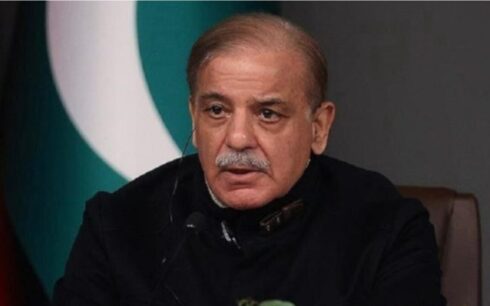As Pakistan continues to face a growing economic crisis, its pharmaceutical sector has warned that dozens of factories face closure due to unaffordable production costs fueled by the rupee’s devaluation, import problems and spiraling inflation.
This comes amid an International Monetary Fund (IMF) delay over the release of Pakistan’s crucial bailout funds of $1.1 billion.
According to Deutsche Welle, medicine production in Pakistan has dropped by a staggering 21.5% in recent months — mainly due to the prolonged refusal of commercial banks to facilitate the import of raw materials.
Syed Farooq Bukhari, chairman of the Pakistan Pharmaceutical Manufacturers Association, told DW that the banks resumed issuing letters of credit (LCs) in January this year as a formal guarantee to pay for imports. But in light of low foreign exchange reserves, the banks only granted around 50% of requests for the documents, which are issued to goods importers guaranteeing payment within a fixed period.
Bukhari said that granting 50% of LC requests has resulted in “medicine shortages as well as hoarding by wholesalers and retailers.”
Officials meanwhile say the country’s alarmingly low foreign exchange reserves will last until the IMF releases the $1.1 billion bailout tranche.
Pakistan entered a $6 billion IMF programme in 2019, which was expanded to $6.5 billion last year. It received a tranche of $1.17 billion in August last year, but the next tranche of $1 billion has not been released as IMF conditions are still unmet.
Last month, Pakistani Prime Minister Shehbaz Sharif said the IMF conditions were “beyond imagination” but Islamabad had no choice but to agree to the bailout conditions, Reuters reported.
This coincided with a visit by a team of IMF negotiators who held talks with Pakistani Finance Minister Ishaq Dar in Islamabad, but returned to the United States without striking a deal to unlock the funds.
According to DW, most of the medicines and other pharmaceutical products manufactured in Pakistan use raw materials that have been imported. The cost to import however has been driven up by the massive devaluation of the Pakistani rupee over the past year.
Bukhari said however, that the production of some pharmaceutical products is not feasible as the value of the US dollar had jumped from 230 to around 270 Pakistani rupees in a matter of weeks, while fuel rates and utility charges were also escalating.
He said that four multinational pharmaceutical companies had already pulled out of the country “while 40 local companies have formally told us that they’re heading for a shutdown due to the unaffordable cost of production.”
Pakistan’s prime minister formed a committee two months ago to look into the issues of the pharmaceutical industry but has yet to meet medicine manufacturers. Meanwhile, the deepening crisis threatens patient care as well as hundreds of thousands of jobs.
Shortages of medicines and pharmaceutical products have been reported across Pakistan and local media there is a growing shortage of lifesaving medicines.





